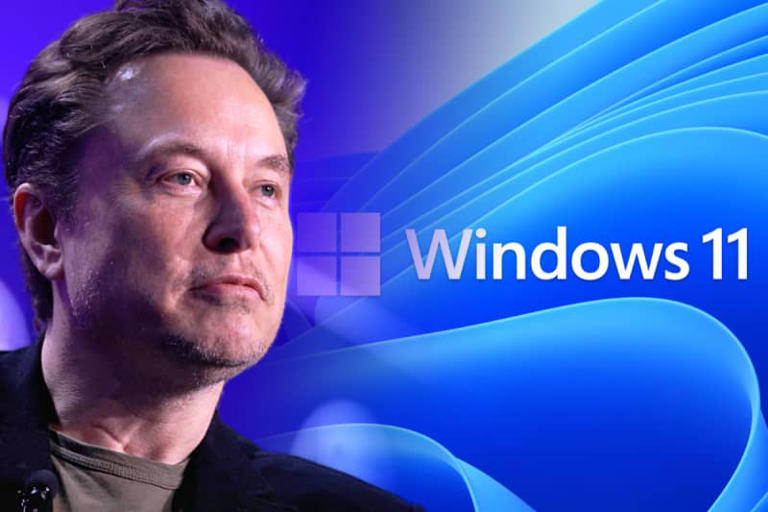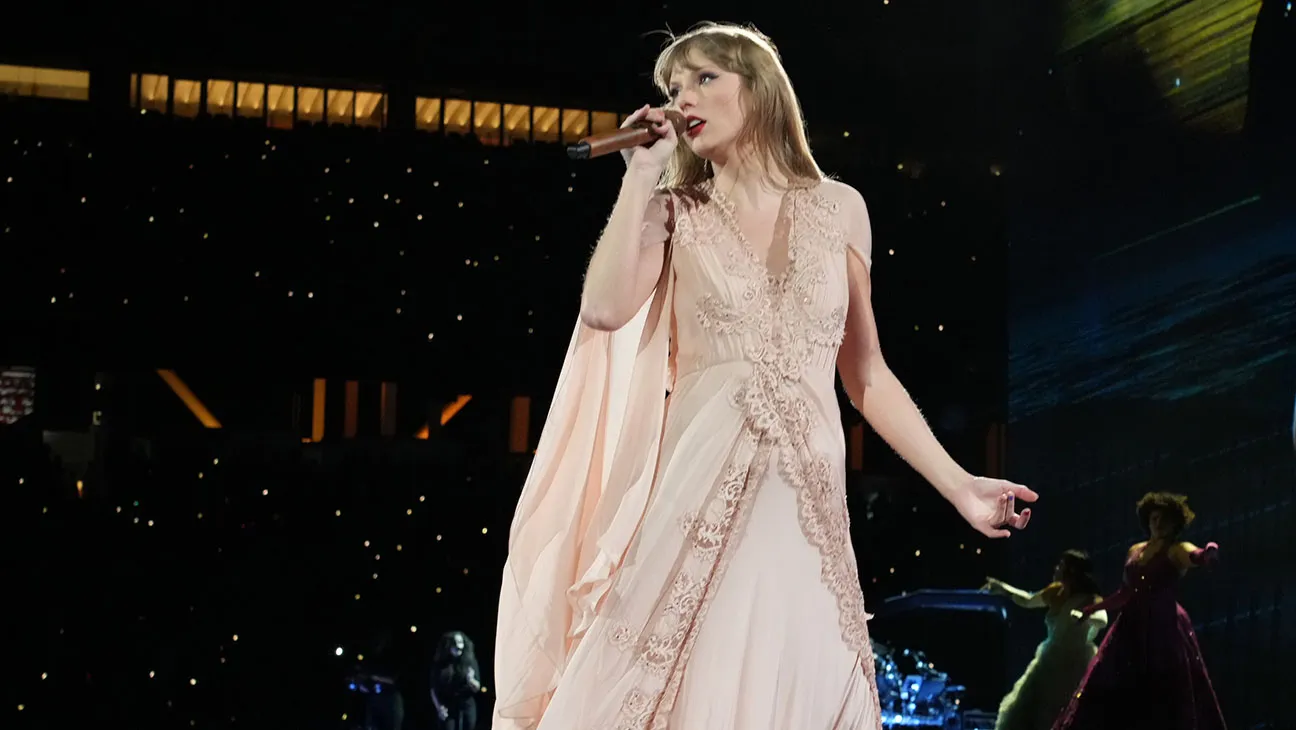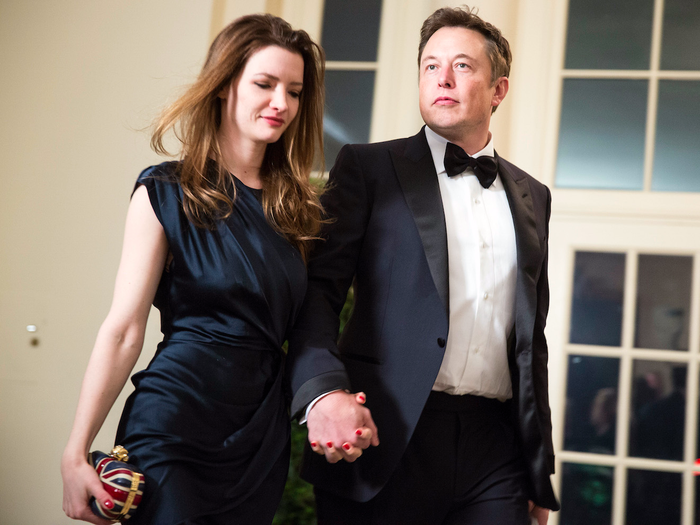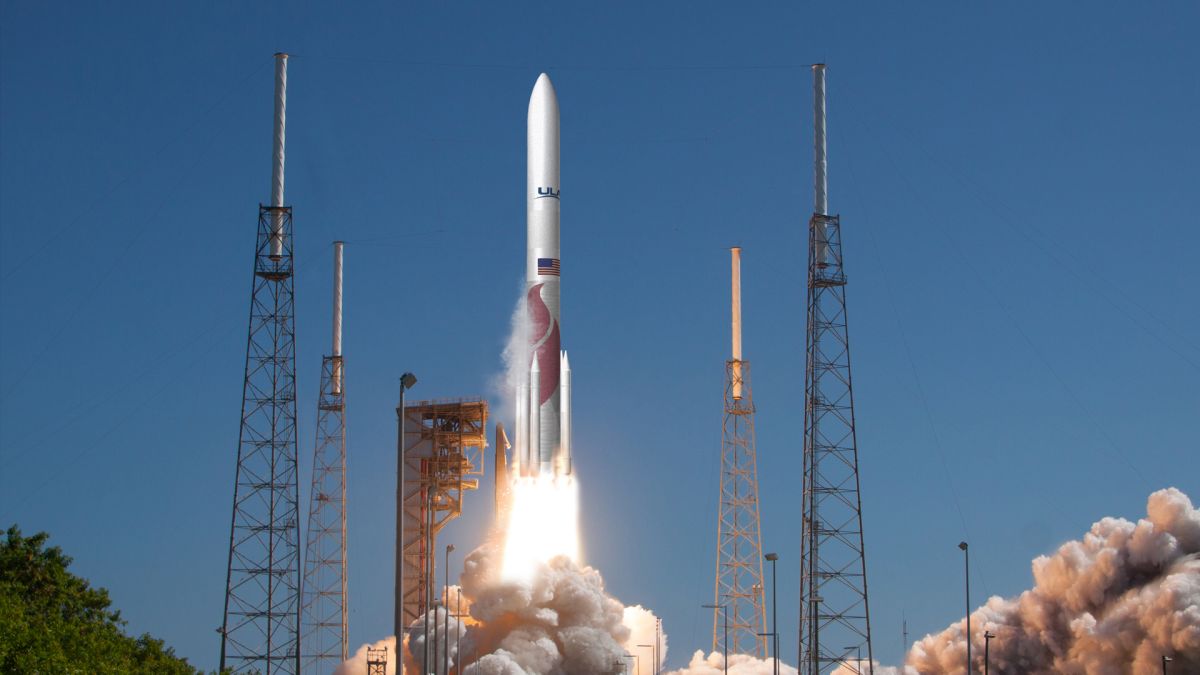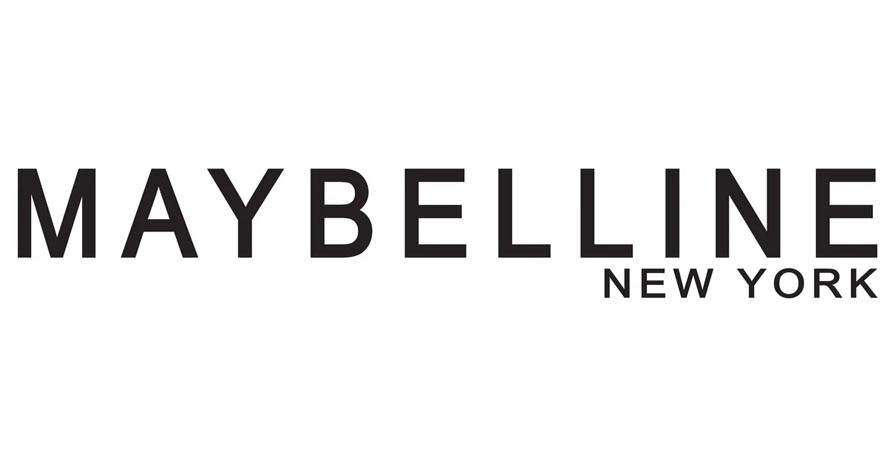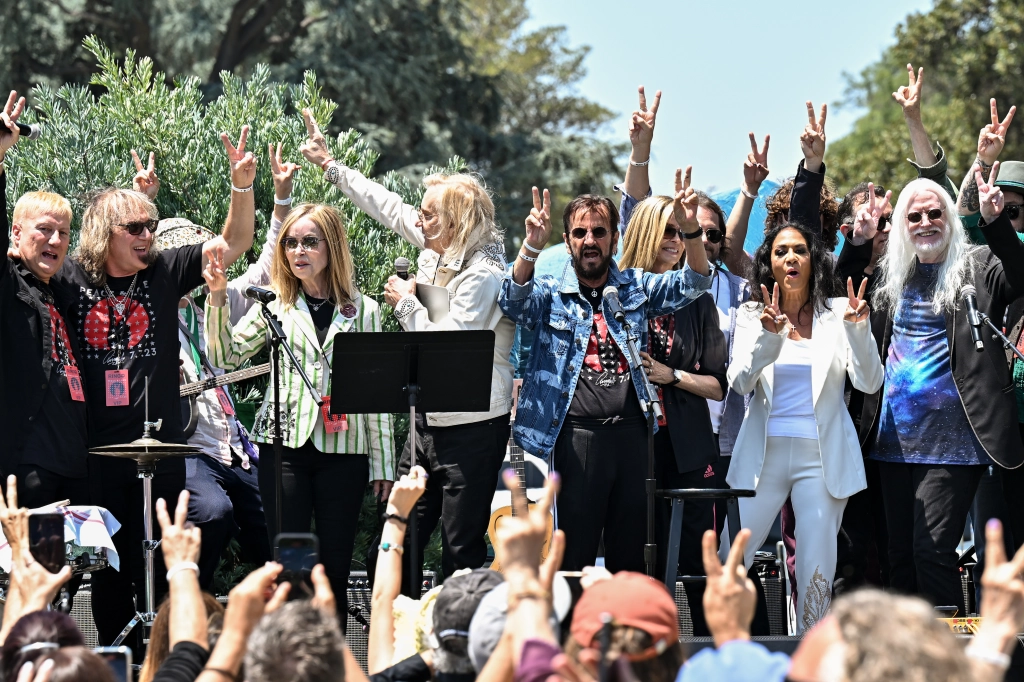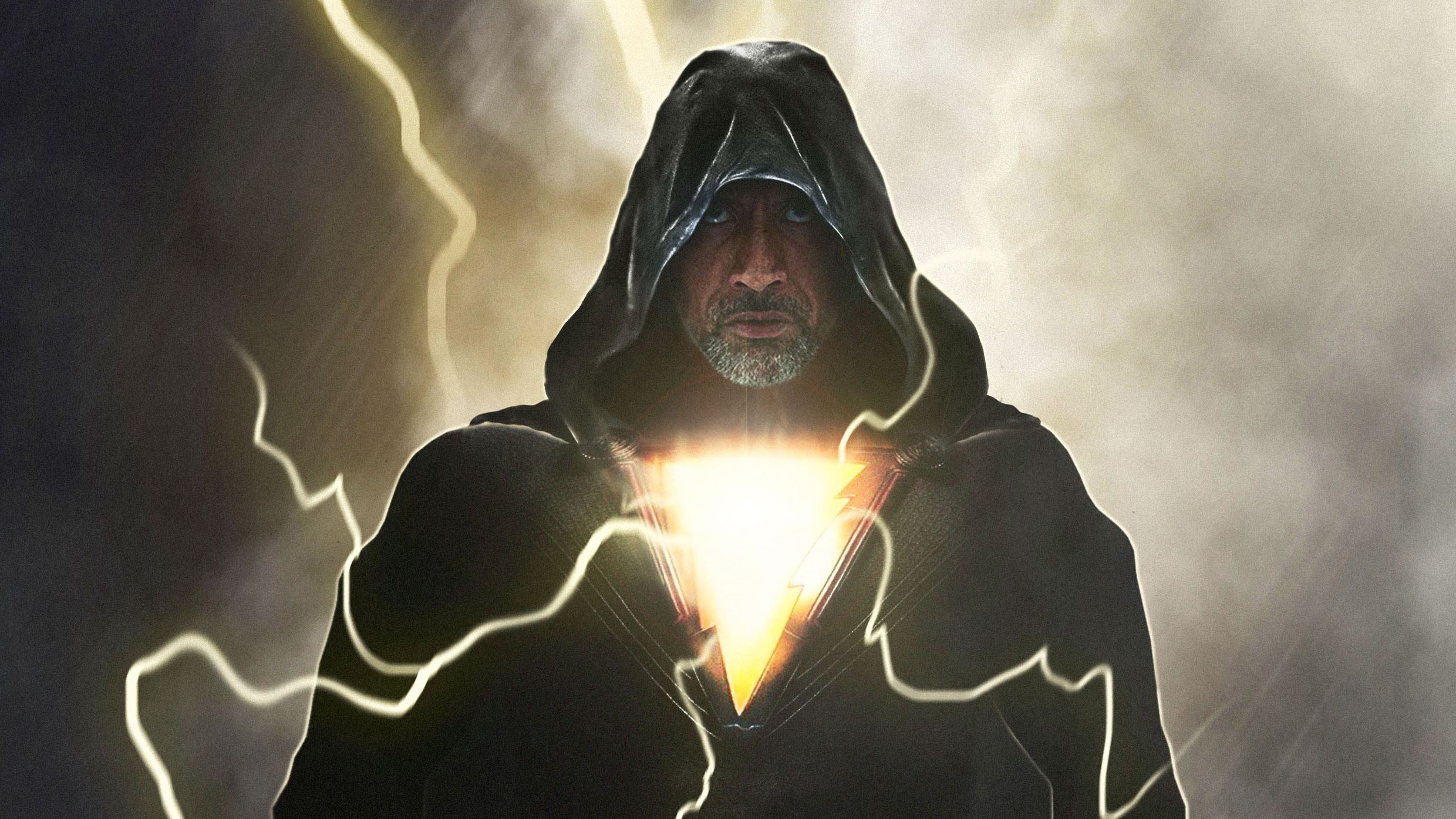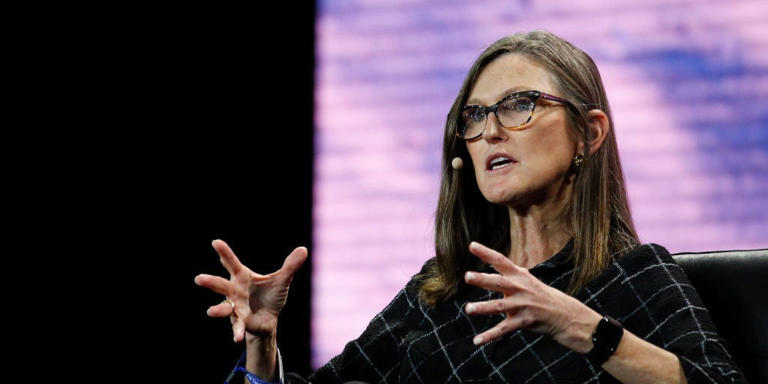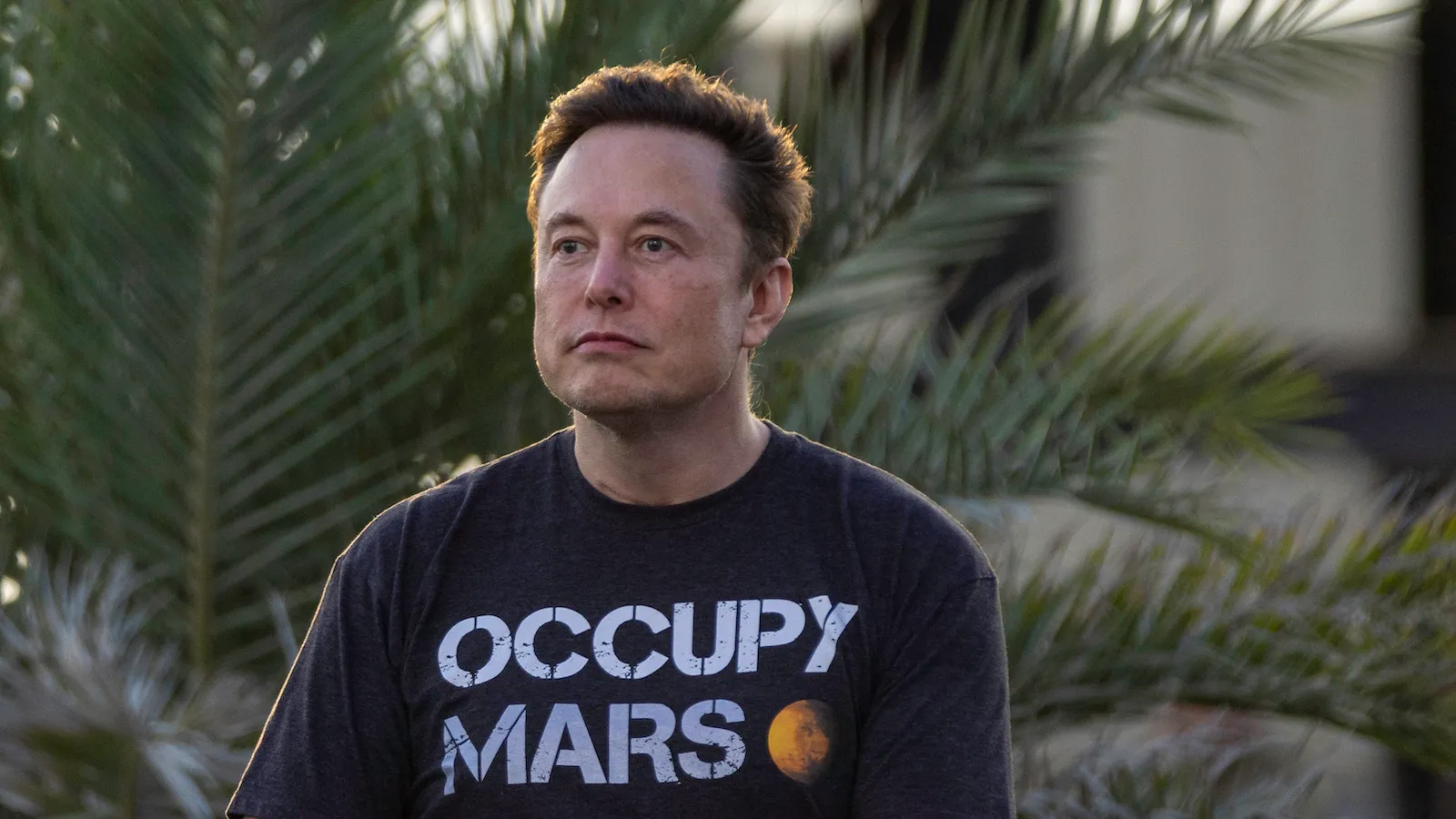Elon Musk’s recent critique of the upcoming AI feature Recall on Windows 11 devices has sparked widespread discussion about the balance between technological innovation and privacy concerns. Recall, touted by Microsoft as a groundbreaking solution to the common frustration of locating previously viewed content on PCs, has drawn comparisons to the dystopian scenarios depicted in the popular television series “Black Mirror.” Musk’s comparison underscores the potential societal implications and ethical considerations associated with AI-driven technologies, prompting scrutiny from both industry experts and regulatory authorities.
Recall, set to debut exclusively on a range of new Copilot+ PCs, introduces a novel functionality that automatically captures screenshots of everything displayed on-screen. This feature enables users to scroll back in time and seamlessly resume work on tasks from within the last month. Powered by Microsoft’s collaboration with OpenAI, Recall leverages advanced Artificial Intelligence to analyze text and images within the captured screenshots. By enabling users to search for specific phrases, people, animals, or landmarks without requiring prior knowledge of the document or webpage’s name, Recall aims to enhance productivity and streamline workflow.
However, Musk’s criticism of Recall as reminiscent of a “Black Mirror” episode underscores the potential privacy implications and societal ramifications of such AI-driven features. The comparison draws attention to concerns raised by privacy advocates and cybersecurity experts regarding the collection and analysis of user data. As technology continues to advance, questions about data privacy, security, and the ethical use of AI-driven technologies become increasingly pertinent.
Responding to Musk’s remarks, Microsoft emphasized that Recall is an optional feature that users can choose to enable during the setup process. Additionally, Microsoft assured users that Recall respects user privacy by not capturing screenshots while using private browsing modes and offering customization options to exclude specific applications or websites from the feature. Despite these assurances, concerns about data privacy persist, prompting inquiries from regulatory authorities such as the Information Commissioner’s Office (ICO) to ensure adequate safeguards are in place to protect user privacy rights.
Privacy advocates have voiced apprehensions about Recall’s potential to infringe on user privacy, with Dr. Kris Shrishak warning of a potential “privacy nightmare.” Similarly, Jen Caltrider from Mozilla’s *Privacy Not Included team cautioned that Recall could provide access to sensitive personal information, posing risks to user privacy and security. While Microsoft asserts its commitment to prioritizing user privacy by storing snapshots locally on the device and providing users with control over their data, cybersecurity experts like Jake Moore from ESET emphasize the need for caution and awareness of potential risks associated with enabling such features.
As Microsoft prepares to introduce Recall with the new Surface Laptop next month, the debate surrounding the balance between functionality and privacy intensifies. While Recall offers the promise of enhanced productivity and convenience, its implementation raises important questions about data privacy, security, and the ethical implications of AI-driven technologies. As users navigate these complexities, the conversation surrounding Recall serves as a reminder of the critical importance of upholding user privacy rights and maintaining transparency and accountability in technology development and implementation.

